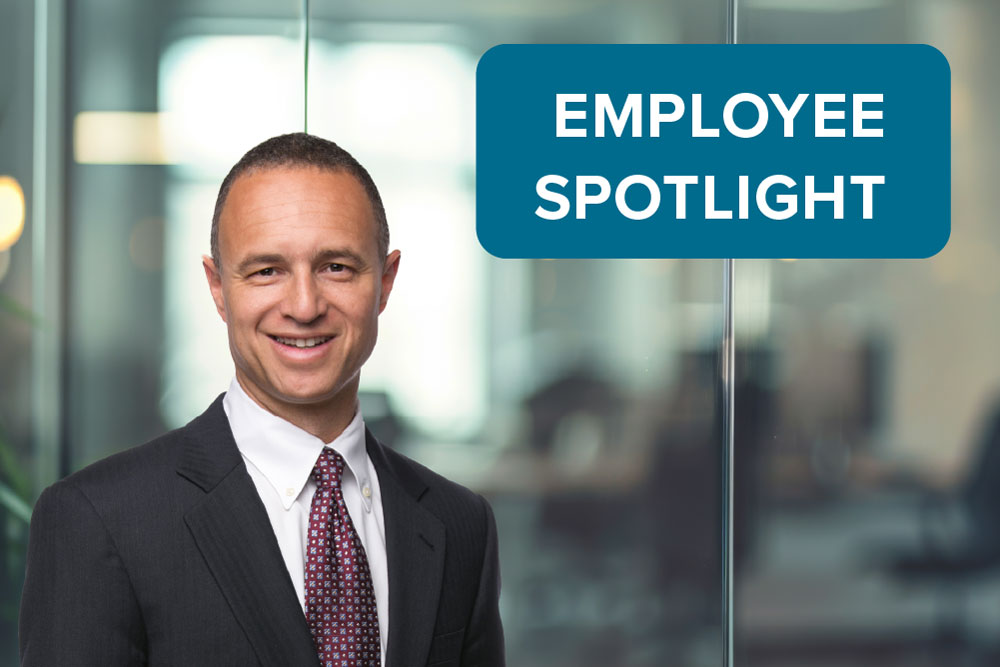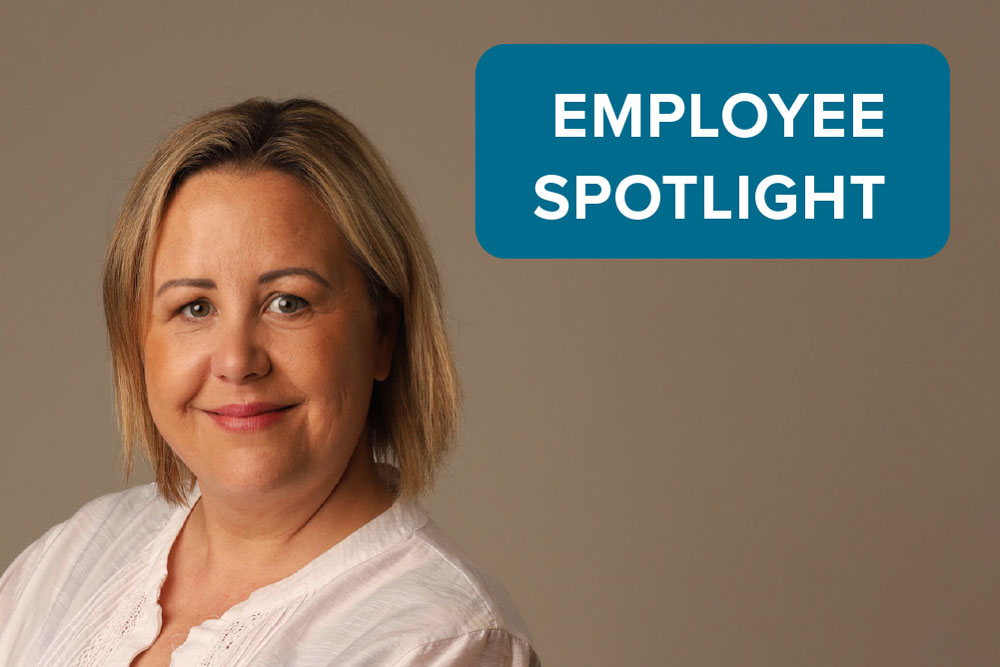- FR
- EN

International Day of Women and Girls in Science
Celebrating female talents in STEM
Employee Spotlight
The International Day of Women and Girls in Science is dedicated to recognizing the critical role women and girls play in STEM (science, technology, engineering and mathematics) and encouraging the next generation of women to explore careers in these areas.
At SCOR, we are proud to support and promote the contributions of women in science. To mark this important day, we reached out to women working in various SCOR offices around the world to share their insights, experience, and advice about working in STEM roles at SCOR.
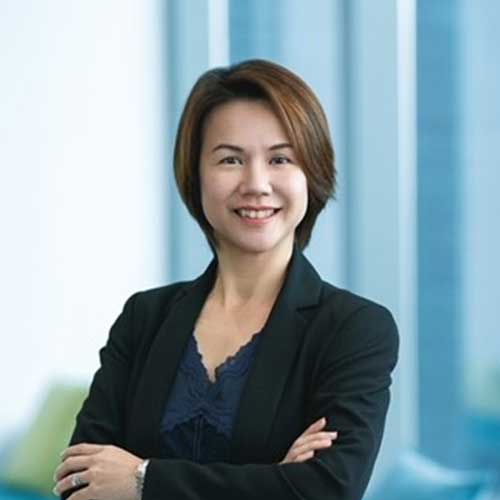
Adeline Chua
Head of Product Development & Innovation, APAC, Singapore
Adeline began her career as a Casualty Underwriter. She holds a Bachelor of Science degree, major in Mathematics and later earned a Master of Science in Innovation. She advanced to lead the Casualty Treaty business in China and served as Market Head for India and Indonesia. In 2022, she joined SCOR as the Head of P&C Product & Innovation APAC.
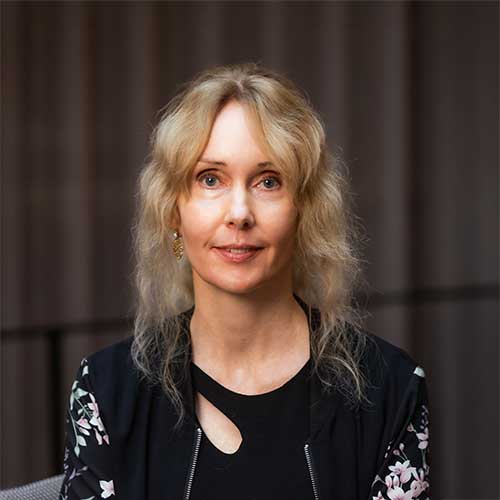
Jenny Durdel
Chief Medical Underwriter, Stockholm
Jenny joined SCOR’s Stockholm office as Chief Medical Underwriter in 2023. She is a registered nurse with specialized expertise in renal medicine and has long experience in working clinically as well as in the insurance industry in various roles.
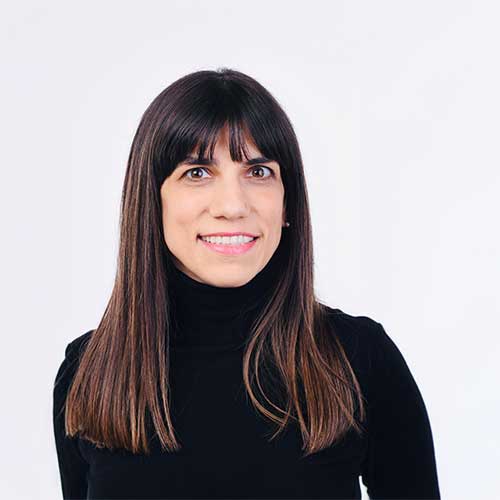
Sofia Kyriakopoulou
Chief Data & Analytics Officer, Zurich
Before joining SCOR as Group Chief Data & Analytics Officer, Sofia was the Head of Data & Analytics Reinsurance for Swiss Re. Sofia drives the data & analytics / A.I. strategy and its execution as well as the shaping of a robust data foundation for the Group, aiming to transform SCOR into the data-driven reinsurer of the future.
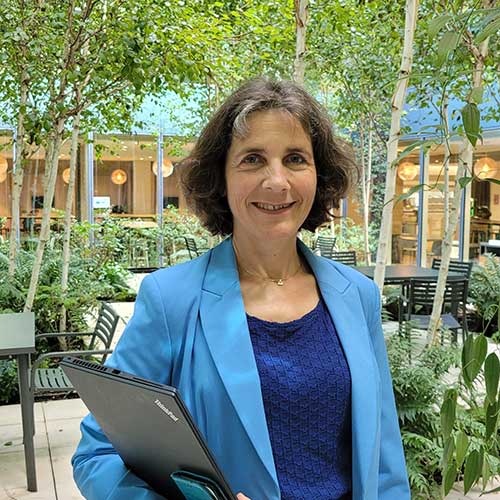
Valerie Litrico
Senior Project Manager DMS, Paris
Valérie started her career as an IT engineer at Crédit du Nord. She then joined SCOR in 2002 as an IT project manager, initially working on P&C pricing projects. She then took charge of the Life applications domain before leading the DMS Rebuild project. She is now in charge of DMS applications, and she coordinates the Green IT reporting and action plan at Group level.
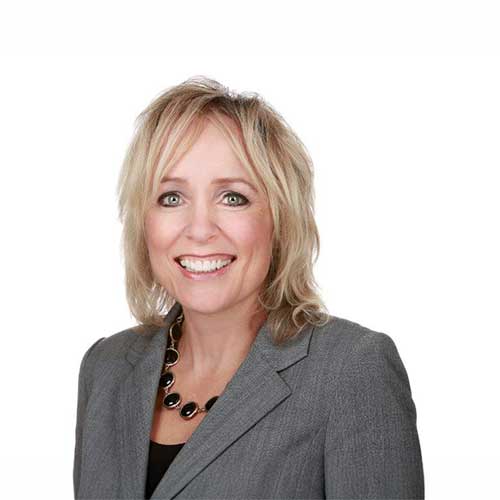
Kristin Ringland
SVP, Chief Underwriter, Kansas City
Kristin started her career as a life underwriter with Lincoln Benefit life, moving on to Empire General (a substandard life insurance company), leading a team of 20 underwriters and support staff. She joined Generali in 2006 and began working with SCOR as part of the acquisition in 2013, where she now holds the position of Senior Vice President, Chief Underwriting Officer US.
Their stories shed light on the challenges and triumphs they encounter in their scientific careers and underscore the importance of fostering an inclusive and supportive environment for all.
What inspired you to pursue a career in science and how did you find your way to SCOR?
KR: As a young girl wanting to be a pharmacist and, after college, I had the opportunity to enter an underwriting training program at the insurance company where I worked. The training included extensive medical training, which was still of great interest to me, so I applied for the role. I found that immersing myself in medical topics kept me constantly engaged and motived to continue with this career path. I have worked as a life insurance underwriter for over 30 years now. I still learn something new every day and challenge myself to stay on top of all the advancements in the medical field.
VL: When I was in high school, I was good at math and I loved using my logical mind to solve problems. I wanted to prove that I could achieve a scientific career and follow scientific classes, where there were more men than women, so I was encouraged by my professors and my parents to follow engineering studies.
I joined an engineering school and became an engineer in Mathematics. After graduation, when looking for a job, I had opportunities in IT in the financial sector, but not in math. I gave it a try and this is how I started my career working for a bank, in the IT department, as an IT engineer, then as an application manager before I became project manager. I really liked the job, and the ability to work on many different functional projects and areas, understanding the business from the tech side.
How do you feel SCOR supports and encourages women working in science?
KR: SCOR is very supportive of educational opportunities for all their employees. Finding the opportunities that support your interests is key. Whether it’s online courses, workshops, industry seminars or continuing your education at a university level, SCOR works to make educational opportunities accessible to everyone.
AC: Overall, I believe SCOR demonstrates a strong commitment to supporting and encouraging women in science. This is evident not only through the deliberate efforts of hiring managers to prioritize diversity but also through various initiatives and collaborations that create an inclusive and supportive environment for women in science. We have a significant number of female actuaries and I have noticed an increasing presence of women in the technology and innovation departments as well.
VL: Personally, I have received support from my HR business partner, who proposed a short coaching program to reflect on my career. It helped me identify my skills, gain self-confidence, and consider new opportunities.
I think that the opportunities at SCOR are the same for men and women, but support programs are very valuable for women, because women don’t behave the same as men in terms of career management: they generally focus more on their job than on their career and are less inclined than men to ask for a salary increase or a promotion.
What initiatives or programs does SCOR have in place to promote gender equality in scientific fields?
AC: Cultivating an interest from a young age is crucial. Through the non-profit organization Singapore Inspiring Girls, several of my female colleagues and I volunteer as mentors for girls in Singaporean schools and institutions.
I believe SCOR could further support young girls aspiring to pursue STEM education by offering more financial aid, sponsorships, and opportunities like the SCOR Actuarial Awards, which has recognized numerous young actuaries for their contribution to actuarial science over the years, including many women.
VL: There are already several initiatives or programs at SCOR that support and promote women. We have a network called SIGN+ that promotes diversity and inclusion, with very interesting and inspiring conferences and discussions. These conferences help identify female role models, share insights on careers, discuss worklife balance, or foster conversation around other personal situations or issues. They are helpful to learn from others and reflect on one’s career.
Now, aiming specifically at promoting gender equality in IT, SCOR Tech is launching a dedicated diversity and inclusion program, to promote scientific studies for girls, attract women, and to achieve better gender representation at all levels in the Tech team. This program is ambitious and I deeply believe it will have a significant and positive impact for the whole team and for SCOR.
Why is it important to encourage young girls and women to consider a career in a scientific field?
SK: Data and science-driven disciplines shape our future and having diverse perspectives leads to more comprehensive problem-solving and better decision-making. Women bring unique insights and approaches that can help address real-world challenges more effectively. Additionally, promoting gender balance in STEM careers ensures equal opportunities and empowers the next generation to contribute meaningfully to technological and scientific advancements.
JD: The equal participation of young women in science serves several important functions in our modern society. Currently, women are a smaller part of the industry.
Diversity makes a difference and for that to happen, more young women need to find their way to the scientific field. It would lead to a broader range of ideas and new perspectives. This in turn would lead to new ways of tackling problems and new areas of research would be discovered. Research shows that lack of diversity in teams leads to poorer problem solving compared to teams with diversity Having more young women in STEM also provides future role models since it breaks down gender stereotypes.
What impact do you hope your scientific work at SCOR will have on the broader society?
SK:As a Chief Data & Analytics Officer, we provide AI and data-driven insights that transform risk assessment and make it more accurate and proactive, ensuring improved capital efficiency in reinsurance and, consequently, stability for insurers and society. Ultimately, I hope our work contributes to a more resilient and equitable world by ensuring that individuals, businesses, and communities have the protection they need.
JD: A big part of my job is to improve and update our medical guidelines. This work is done together with specialist doctors and is based on science and proven experience. It is crucial that the information we include in our medical guidelines is scientifically proven and up to date as they are a key tool for risk assessment and are used as part of an overall assessment of the applicant's eligibility to take out all or part of the insurance applied for.
Using the medical guidelines as a reliable guide, we can offer insurance to more applicants while identifying and eliminating the real risks. In this way, we ensure good finances for the insurance company while allowing more applicants to benefit from the insurance. In the long term, we are helping to create a healthier and more economically secure society.
What advice would you give to young women and girls aspiring to pursue careers in science, particularly within the insurance and reinsurance industry?
KR:I would encourage anyone who wants to pursue a career in science to get started as early as possible in your education. Science allows you to contribute to solving some of the world’s challenges – and imagine doing work that can have an impact on society and improving lives! If you have a curious mind and a passion for discovery, science is perfect for you. There are endless opportunities to pursue your dreams and follow your passion. Stay curious and never stop learning.
SK: My advice: Be curious and brave. Curiosity will drive you to ask questions, challenge assumptions, and explore how science and technology shape the future of risk. Bravery will help you navigate complex challenges, push boundaries, and make your voice heard in a dynamic industry. Seek mentors, embrace innovation, and take risks – because reinsurance needs more women who dare to lead.
JD: Build a network of people who share your interests and look for people within the field that can act as guides or mentors. Making your name known is an excellent way to find new work opportunities.
Find out which professional fields you can work in and identify a role that aligns with your profile. Dare to look outside the traditional areas of your scientific education. For example, many people don't know that the insurance industry is very interested in recruiting young and ambitious people in STEM and that there is a lot of room to grow and develop in your profession here. Just make sure you have the education required for the specific job you are interested in and always update your resume.
Also, follow active scientists on social media and be inspired by their career paths.
But most importantly: Be brave and follow your interests and pursue your dreams!
AC: Let’s begin early to develop our knowledge and skills. Don’t be swayed by societal norms—women should have equal opportunities working in science as long as we possess the right knowledge and capabilities.
Related articles
